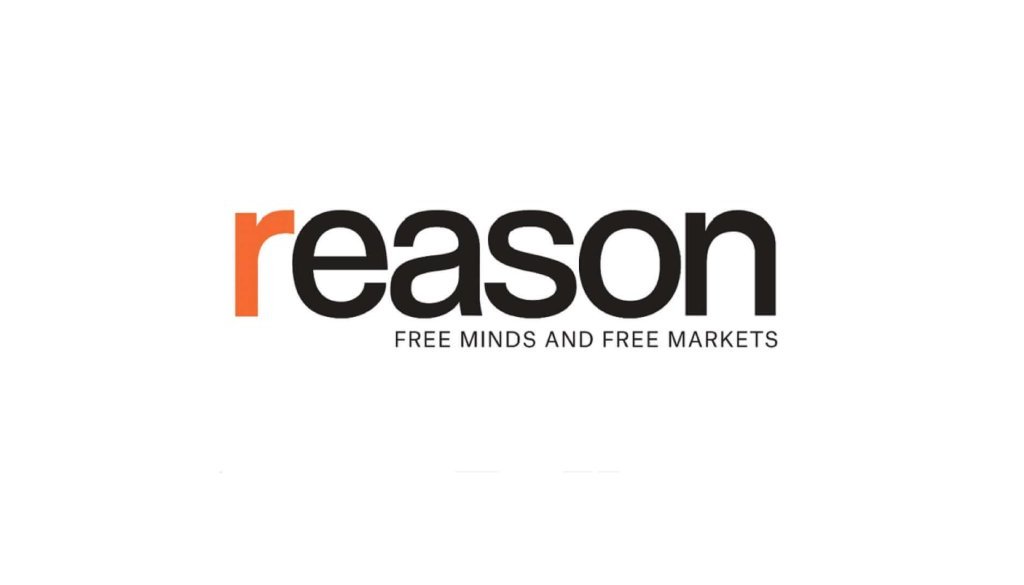How the CFPB’s Medical Debt Rule Could Backfire
On February 7, 2025, President Donald Trump appointed Russell Vought to head the Consumer Financial Protection Bureau (CFPB). Shortly after, Vought announced that he had notified the Federal Reserve that the CFPB would not take its next draw of unappropriated funding. “This spigot, long contributing to CFPB’s unaccountability, is now being turned off.”
The CFPB has long overstepped its authority. Its latest effort to regulate medical debt and credit reporting is a prime example.
In response to Trump’s executive order freezing all regulations, the CFPB immediately started searching for ways to circumvent the order and push forward its policy agenda. When its rule banning medical debt from credit reports was stopped in its tracks, the agency appealed to state legislatures to pass laws doing just that.
The CFPB first proposed this rule in summer 2024. Hundreds of people—including the authors of this piece—submitted public comments in opposition to the proposed rule. While it aimed to increase access to credit for those with medical debt, it would have the opposite effect.
The rule creates “information asymmetry,” where borrowers would have more information than lenders. Aware of the existence of that imbalance, lenders might fear “adverse selection,” where borrowers conceal debt to their advantage.
This could lead lenders to impose higher interest rates, tighten lending standards, or leave the marketplace altogether. As lenders exit, competition decreases, raising borrowing costs and reducing credit availability—to the detriment of borrowers.
Low-income Americans would be hit the hardest. CFPB research shows medical debt is most prevalent among Americans earning less than $50,000 per year. The U.S. Census Bureau found that households earning less than $25,000 per year have the highest rates of medical debt. Wiping medical debt off credit reports does not mean lenders will ignore those stats.
Instead, lenders may assume low-income applicants have undisclosed medical debt. In response, lenders will likely increase their borro
Article from Reason.com

The Reason Magazine website is a go-to destination for libertarians seeking cogent analysis, investigative reporting, and thought-provoking commentary. Championing the principles of individual freedom, limited government, and free markets, the site offers a diverse range of articles, videos, and podcasts that challenge conventional wisdom and advocate for libertarian solutions. Whether you’re interested in politics, culture, or technology, Reason provides a unique lens that prioritizes liberty and rational discourse. It’s an essential resource for those who value critical thinking and nuanced debate in the pursuit of a freer society.




